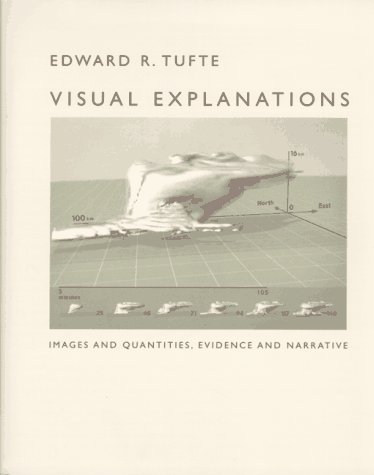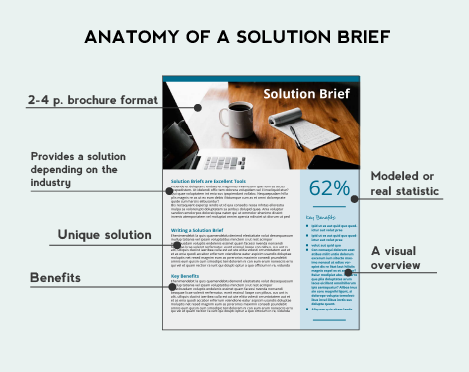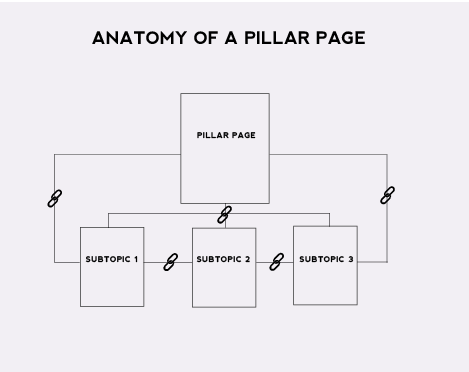Writing and editing are two different functions. Many tech writers can do both — I know I’m not alone in being able to move between both roles as a professional. I have worked as a technical writer and a technical editor at different times. Both tech writers and editors can belong to the Society for Technical Communication (STC) and both share a commitment to excellent communication.
The difference comes down to the focus.
If writers could edit themselves, then we wouldn’t need editors. But writers often can’t see the forest for the trees, and this is especially true in book-length or other long-form writing. But tech writers working for companies often have no editor on staff. Or the editor is their manager or an engineer on the team. In the absence of a trained editor, a knowledgeable colleague is a great substitute, but they won’t always be able to provide the hands-on editing of grammar, style, formatting, and consistency. Those areas are where technical writers must also be proficient.
But if technical writers can do that, then what is the use of technical editors?
Technical editors are employed when the material they edit is continuous and written by people who have experience writing but who aren’t necessarily tech writers. For example, a regulatory manager or a scientist, both of whom might be used to writing papers on their findings or arguing for the use of their technology. Or an engineer who knows their product intimately and is the best authority on how it works or its code. These roles are experienced at writing, but less experienced at forming it to be used the best way, or finishing and polishing with an eye towards the reader, the industry, the brand, and—crucially—any regulatory requirements, such as FDA requirements. Editors might also edit work that isn’t strictly technical as defined by the employer. For example, an employer may define “tech writing” as user documentation but have a need for a tech editor for scientific reports or marketing material such as brochures, white papers, and solution briefs. Large teams of tech writers also utilize tech editors so they can focus on the writing rather than the editing.
A technical editor is highly trained and specialized, and works to hone her craft so that the editing process is smooth and produces excellent material. In cases where a large amount of documentation is produced by a variety of roles, a tech editor is a must.
My grandfather was a technical editor for NASA JPL, and worked on thick reports including a report and analysis on a 1964 Mars spacecraft. His work was praised by colleagues for making their highly (read: too) technical work readable. I am proud to have worked as both a technical editor as well as technical writer.





